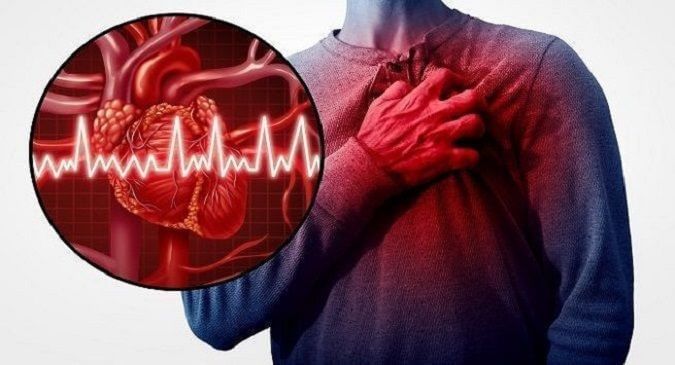Shift work may lead to severe strokes: study
Fri 03 Jun 2016, 11:48:28

Employees who work in graveyard or rotating shifts may not only be at the risk of heart attacks and obesity, but also prone to more severe strokes, researchers including one of Indian-origin have warned.
"The body is synchronised to night and day by circadian rhythms - 24-hour cycles controlled by internal biological clocks that tell our bodies when to sleep, when to eat and when to perform numerous physiological processes," said David Earnest from Texas A&M Health Science Centre College of Medicine in the US.
"A person on a shift work schedule, especially on rotating shifts, challenges, or confuses, their internal body clocks by having irregular sleep-wake patterns or meal times," said Earnest.
According to him, it is not the longer hours - or the weird hours - that is necessarily the problem. Instead, it is the change in the timing of waking, sleeping and eating every few days that "unwinds" our body clocks and makes it difficult for it to maintain their natural, 24-hour cycle. When body clocks are disrupted, as they are when people go to bed and get up at radically different times every few days, there can be a major impact on health.
Researchers found that shift work can lead to more severe ischemic strokes, which
occur when blood flow is cut off to part of the brain. Using an animal model, they found that subjects on shift work schedules had more severe stroke outcomes, in terms of both brain damage and loss of sensation and limb movement than controls on regular 24-hour cycles of day and night.
occur when blood flow is cut off to part of the brain. Using an animal model, they found that subjects on shift work schedules had more severe stroke outcomes, in terms of both brain damage and loss of sensation and limb movement than controls on regular 24-hour cycles of day and night.
The study found that males and females show major differences in the degree to which the stroke was exacerbated by circadian rhythm disruption - in males, the gravity of stroke outcomes in response to shift work schedules was much worse than in females.
"These sex differences might be related to reproductive hormones. Young women are less likely to suffer strokes, as compared with men of a similar age, and when they do, the stroke outcomes are likely to be less severe," said Farida Sohrabji, also from Texas A&M.
"In females, estrogen is thought to be responsible for this greater degree of neuroprotection. Essentially, estrogen helps shield the brain in response to stroke," said Sohrabji.
"However, older women approaching menopause show increasing incidence of ischemic stroke and poor prognosis for recovery, compared with men at the same age," she added.
The findings were published in the journal Endocrinology.
No Comments For This Post, Be first to write a Comment.
Most viewed from Health
AIMIM News
Latest Urdu News
Most Viewed
May 26, 2020
Is it right to exclude Bangladesh from the T20 World Cup?
Latest Videos View All
Like Us
Home
About Us
Advertise With Us
All Polls
Epaper Archives
Privacy Policy
Contact Us
Download Etemaad App
© 2026 Etemaad Daily News, All Rights Reserved.

























.jpg)
.jpg)
.jpg)


